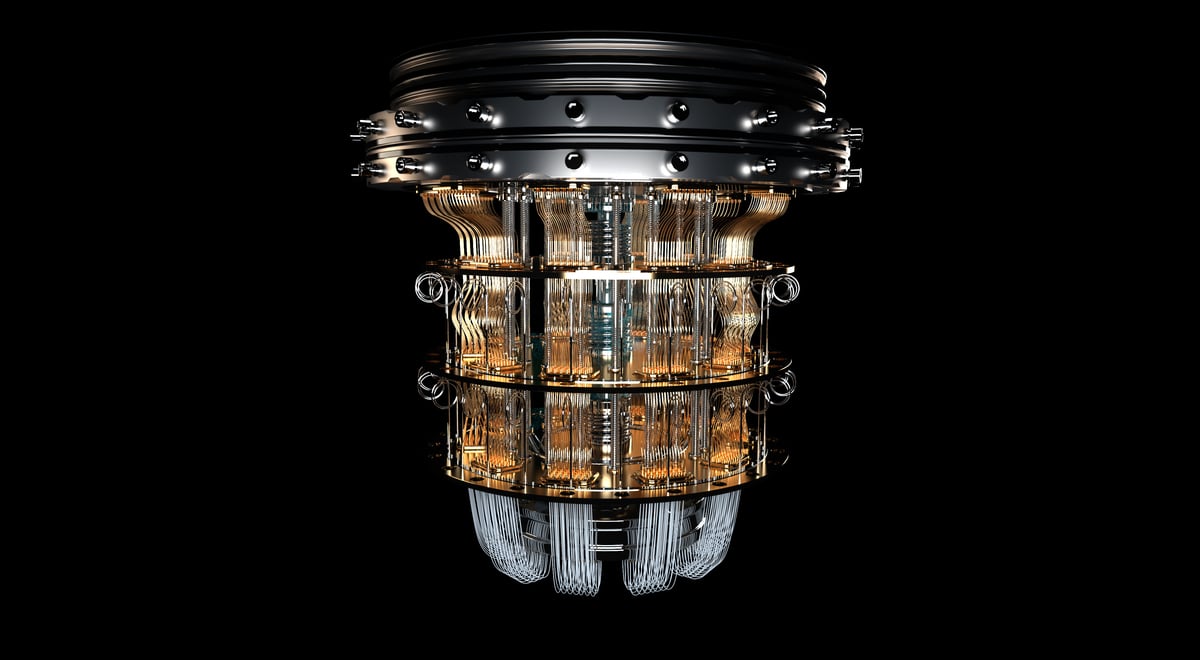Google's (GOOG 0.94%) (GOOGL 1.07%) Chrome OS has attracted a great deal of attention in recent months. Chrome OS-powered laptops -- Chromebooks -- are often much cheaper than alternatives running Microsoft's Windows, and yet still quite capable.
Most of Microsoft's hardware partners have embraced Google's cloud-based operating system, while schools have emerged as a hotbed of demand. Still, Chromebook's share of the overall PC market has remained relatively limited -- just 1% in 2013.
But Chromebook could be about to take a major step forward thanks to Nvidia's (NVDA +2.06%) latest mobile chip: The Tegra K1 provides Chromebook with a few new tricks, and could emerge as the preferred processor for Google's line of inexpensive laptops.
Better battery life, better performance
Similar to the way in which it has dominated the market for devices powered by Google's Android, Samsung has manufactured the vast majority of Chromebooks sold to date -- the South Korean tech giant builds about two out of every three Chromebooks, according to research firm Gartner.
Samsung uses its own processor, the Exynos 5, in its Chromebook. (Samsung's most recently released Chromebook, the aptly named Chromebook 2, ships with an eight core version of the Exynos.) For the sort of light computing tasks that generally define Google's operating system, Samsung's chip is more than adequate.
The Tegra K1, however, has bested the Exynos in a variety of benchmark tests. The first Tegra K1-equipped Chromebook, the Acer Chromebook 13, has received generally positive reviews, with many noting its snappy performance compared to other models. At the same time, the Chromebook 13 was found to have excellent battery life, able to stream video for hours without needing a charge.
The Tegra K1's biggest advantage may be its graphical processing, an area where Nvidia's chip notably excels. Chromebook, with its inability to run local apps, has not been known as a gaming machine, but better gaming performance could be necessary if Google's platform is to truly go mainstream.
Gaming accounts for a shockingly high percentage of the time spent on computing devices -- according to Flurry Analytics, about two-thirds of the time spent on tablets is spent gaming -- and as Microsoft's recent $2.5 billion purchase of Minecraft-maker Mojang demonstrates, is definitely important to platform holders. The Tegra K1 can't compensate for a lack of content, but a better equipped Chromebook could entice game creators to bring their games to the web.
A new market for Nvidia's chip?
Acer isn't the only PC-maker planning to use the Tegra K1 -- earlier this month, Hewlett-Packard unveiled a new version of its Chromebook 14 that's also powered by Nvidia's chip. Will Nvidia's Tegra K1 emerge as the preferred processor for Chromebooks? Only time will tell, but if it does, it would certainly create a new market for Nvidia's mobile processor.
Unfortunately for Nvidia, the Tegra K1 has seen only modest mobile adoption, with few devices taking advantage of its power. Google's next Nexus tablet, the Nexus 9, is widely rumored to feature a 64-bit version of the Tegra K1. But even if that proves to be the case, it will be an exception -- Nvidia's own Shield tablet and Xiaomi's Mi Pad are the only other notable Tegra K1-powered tablets on the market. That isn't to say there's no demand for Nvidia's mobile processors -- last quarter, Nvidia's Tegra revenue rose to $159 million, up more than 200% from the same period last year -- but the more popular Chromebook could ultimately be a win for Nvidia.
Can the Tegra K1 elevate Google's Chromebook?
The longer-term popularity of Google's Chrome OS is difficult to estimate. Last month, Gartner projected that, by 2017, Chromebook sales will be running at around 14.4 million units. If PC sales remain constant -- at around 300 million -- Chromebooks would account for just 5% of the PC market.
But that estimate could fall woefully short if the Chrome OS platform continues to improve. Despite its bargain price, the appeal of Chromebook is limited by its functionality -- they simply can't do much.
Nvidia's Tegra K1 doesn't change the fact that Chromebook is, in general, still largely dependent on a web connection. But the Tegra K1 -- with its heightened power and better graphical processing -- continues to move Google's platform forward.











